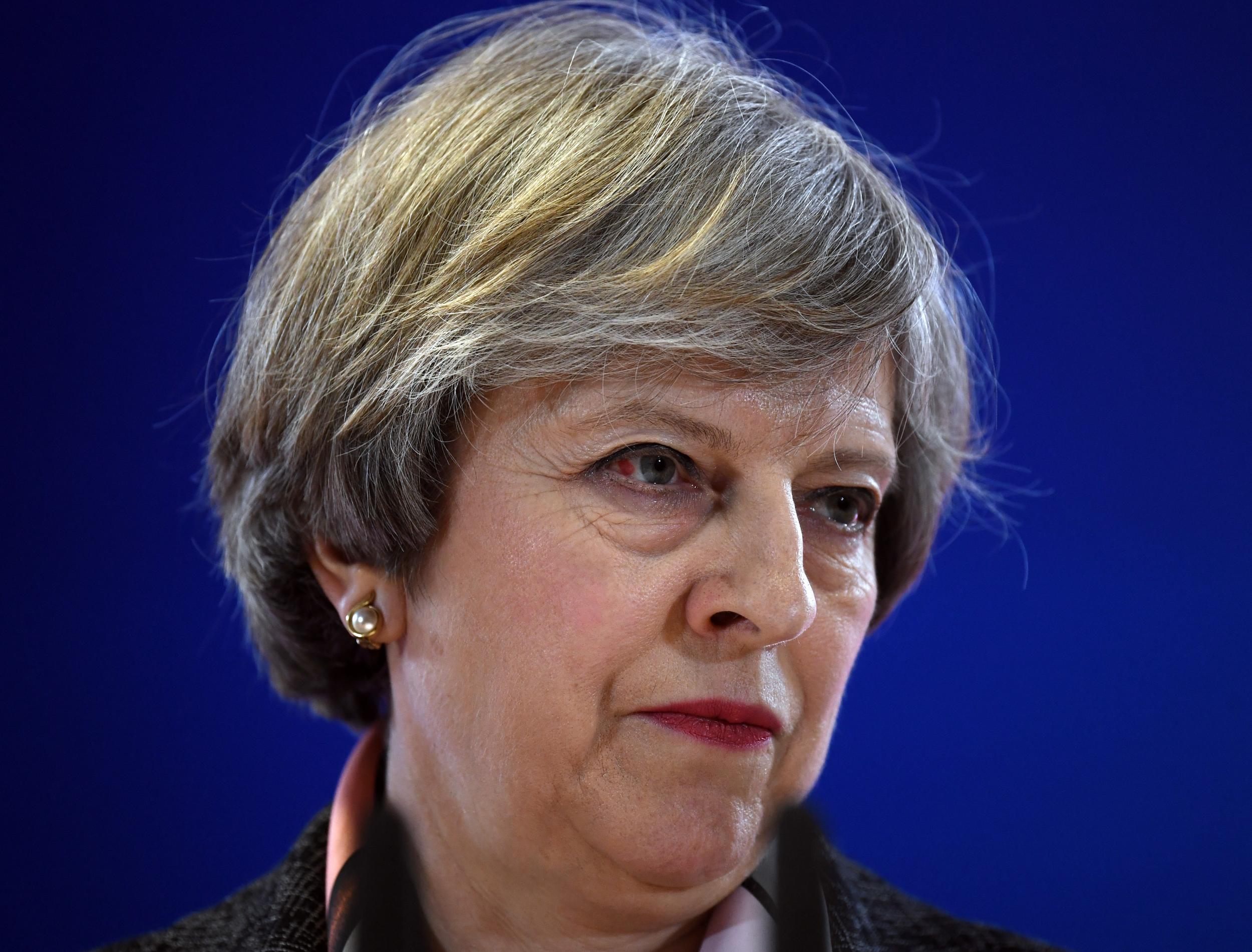EU could make Theresa May wait until June to start Brexit talks
Until Article 50 is triggered, the Prime Minister is in control of the timeline for exiting the EU, but after that it will be largely out of her control

Your support helps us to tell the story
From reproductive rights to climate change to Big Tech, The Independent is on the ground when the story is developing. Whether it's investigating the financials of Elon Musk's pro-Trump PAC or producing our latest documentary, 'The A Word', which shines a light on the American women fighting for reproductive rights, we know how important it is to parse out the facts from the messaging.
At such a critical moment in US history, we need reporters on the ground. Your donation allows us to keep sending journalists to speak to both sides of the story.
The Independent is trusted by Americans across the entire political spectrum. And unlike many other quality news outlets, we choose not to lock Americans out of our reporting and analysis with paywalls. We believe quality journalism should be available to everyone, paid for by those who can afford it.
Your support makes all the difference.The European Union could force the UK to wait months for Brexit negotiations to begin.
Brussels is reportedly considering making Theresa May hold on until June to start formal talks on the terms of Britain’s departure from the bloc, eating into the two years the prime minister has to strike a deal.
Ms May is expected to trigger article 50 at the end of March — although she has yet to officially confirm this — meaning there could be at least an eight week delay before member states are authorised to begin negotiating a deal.
The 27 other countries in the EU have pinpointed a meeting of government ministers in Luxembourg on 20 June as the moment to open talks, two EU officials allegedly told Bloomberg Politics on condition of anonymity.
While EU leaders will gather in the spring for a summit to agree on the “framework” for talks, actual discussions cannot begin until detailed negotiation directives drawn up by the European Commission have been officially approved.
After this it might be logistically difficult to schedule a time for the talks, adding further delays.
Until Article 50 is triggered, the Prime Minister controls the timeline for exiting the EU, but after that it will be largely out of her control.
She has been criticised in the past by her EU counterparts for delaying starting the process and acting "without urgency or clarity". It now looks as if her failure to commit to a date could work against Britain in the long run.
EU officials have suggested Ms May is making it difficult for them to act efficiently by putting off starting the exit; it seems that although they may not be seeking to deliberately punish her dragging her feet, they are finding it difficult to schedule proceedings.
As no announcement has yet been made, it remains unclear whether even the April summit will go ahead, with other events now beginning to fill up the EU diary.
As well as eroding the time the two sides have to strike deal, pushing the start of the discussions back until late June is likely to upset businesses and banks that are seeking early clarity on just what the UK’s withdrawal from the EU means for them.
The two years the UK legally has to strike a deal is already set to be reduced by the need for the agreement to be ratified by the European Parliament before Britain withdraws.
Ms May’s ambition to line up a divorce settlement and a new trade deal within the diminishing timeframe has already been questioned and a delay in starting negotiations will make success even more unlikely.
Publicly, the European Commission signalled this week that it will not drag its heels once Ms May triggers Article 50 and will be ready to give ministers negotiating drafts without delay.
“We stand ready to launch negotiations quickly,” Commission spokesman Margaritis Schinas told reporters in Brussels on Monday.
Once the leaders have adopted their guidelines, “the commission would then immediately issue a recommendation to open the negotiations” for the Europe ministers to authorise.
Join our commenting forum
Join thought-provoking conversations, follow other Independent readers and see their replies
Comments